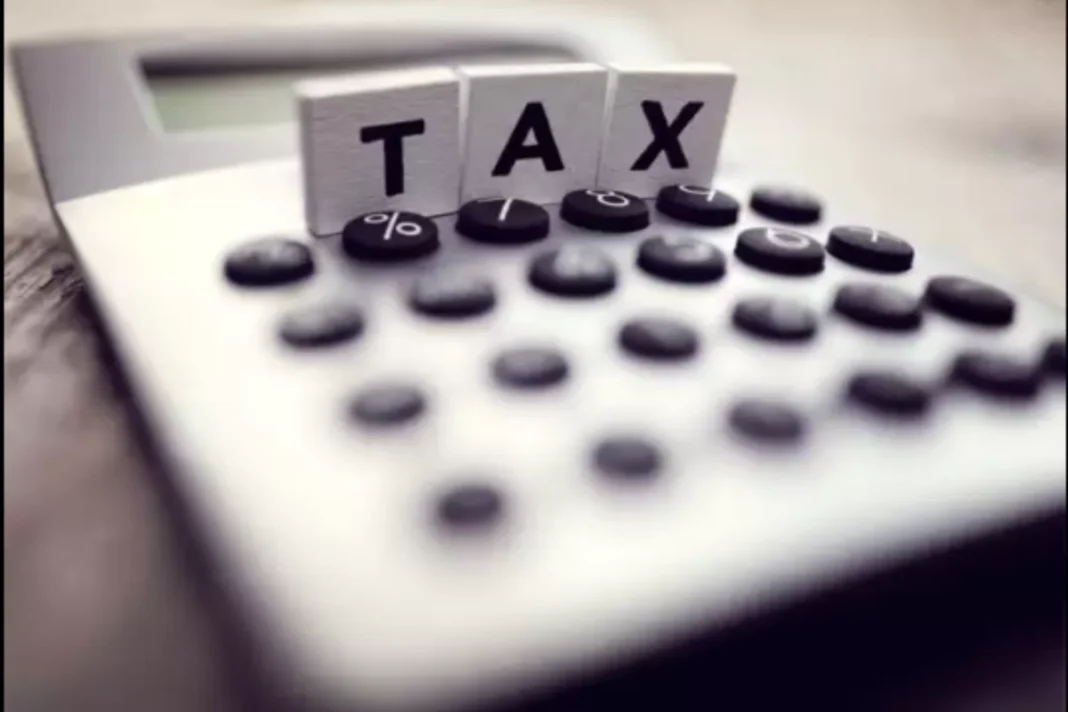Income Tax News: Real estate is a popular choice for investors. Many people have a preference for residential property, or houses, even in the real estate market. This kind of investment often yields two advantages. The first is that it offers a reliable source of income in the form of rent; the second is that it yields excellent returns due to the property’s increasing value over time.
Taxation on Property Income
But just like other income, this is subject to taxes. Should you work from home, you will have to pay taxes. Tax obligations arise whether your income comes from renting or, eventually, from selling the property. In both situations, the calculation of tax liability is done differently. We will go into great detail about this with you today.
Long-Term Capital Gains on Property Sales
Let’s start by discussing the revenue from sales after a while. Capital gains, or the profit from selling a home, are subject to two types of taxes. The sale of the home after two years or longer will be regarded as a long-term capital gain. The amount of capital gains is subject to a 20 percent tax after the indexation benefit. Concurrently, any profit realised from the sale of the house within a year will be regarded as a short-term capital gain. The profit will be included in the individual’s regular income, and tax will need to be paid based on the applicable tax slab.
Tax Savings Opportunities
In certain circumstances, tax savings are also possible. The Income Tax Act‘s Section 54 exempts capital gains—the money received from the sale of an old home—from taxation when used to purchase a new home. Only long-term capital gains are eligible for this benefit. According to income tax law, the seller’s goal in these situations is actually finding a suitable place for himself to live, rather than making money from the sale of the house.
DON'T MISS
Utilization of Capital Gains
It is stated clearly in Section 54 of the Income Tax Act that capital gains are to be used exclusively for the purchase or construction of residential property. This implies that when buying commercial real estate, tax exemptions will not be granted. When it comes to land, you can claim an exemption equivalent to capital gains tax when you buy a plot and build a house on it. The tax exemption won’t be limited to land purchases. If you invest in residential property, you can only receive tax exemption on capital gains up to Rs 10 crore starting in the 2023–2024 fiscal year. Profits over this threshold will be subject to long-term capital gains tax.
Timeline for Purchase
In order to qualify for tax exemption under Section 54, a new home must be purchased within two years of the date the old property was transferred. On the other hand, if building is involved, the house should be finished in three years. You are eligible for the discount even if you purchase a new home a year before selling your previous one.
Rental Income Reporting
On the other hand, you must include your income from rent in your income tax return. This is displayed under Other Sources of Income. After deducting this amount from your other earnings, you will be required to pay taxes based on the newly created tax slab. Since taxpayers do not accurately report these earnings, PAN cards are now required if the fare exceeds a certain amount.
Keep watching our YouTube Channel ‘DNP INDIA’. Also, please subscribe and follow us on FACEBOOK, INSTAGRAM, and TWITTER.



